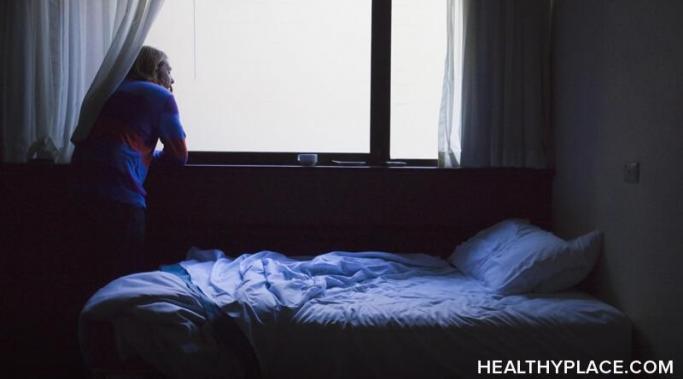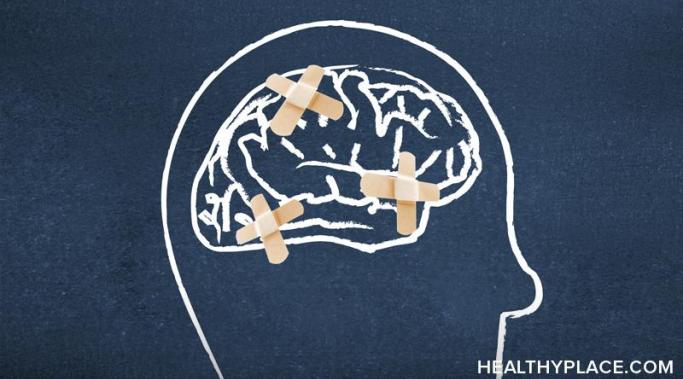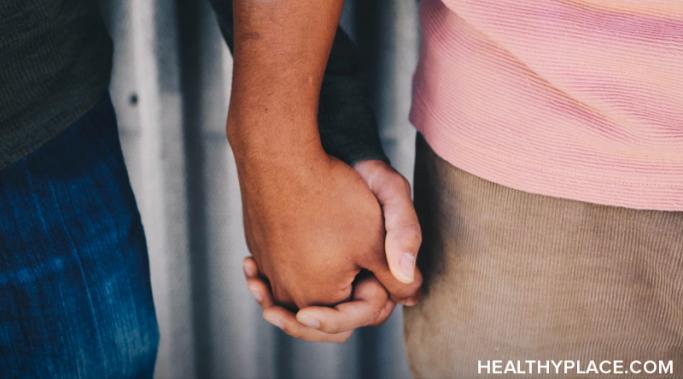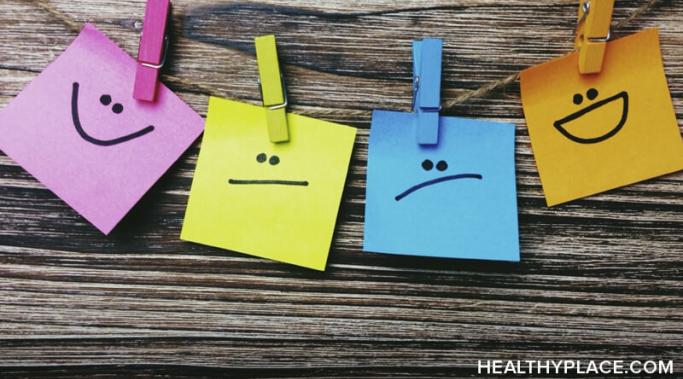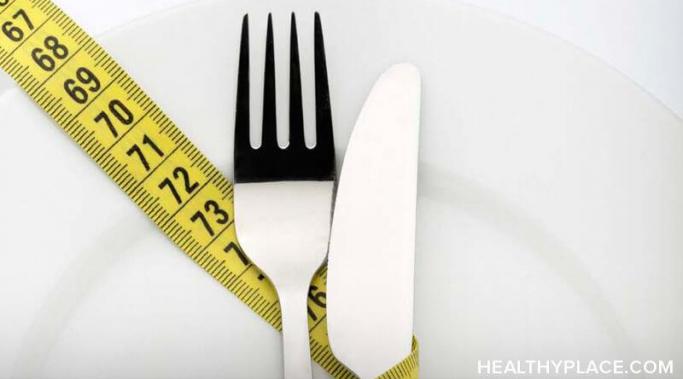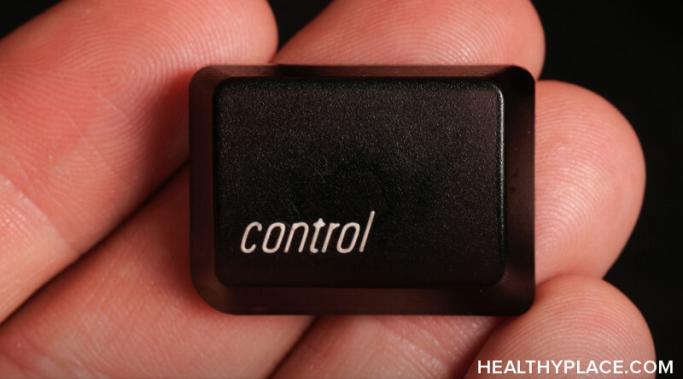My mental health condition affects the breakups I've experienced. A breakup, or the ending of any relationship, can be one of the most devastating events that anyone may have to face in their life. As someone who used to describe myself as a serial monogamist, I sure have had my fair share of heartbreak. I understand that no one enjoys getting broken up with; however, I have noticed that breakups hit me harder than most. I have always been someone who feels extraordinarily deeply, both the good and the bad. This ability to feel deeply, combined with my mental health conditions, has affected how I experience breakups in a myriad of ways.
Mental Illness Impact on Self
Depression damaged my relationship with my doctor because I learned I couldn't trust her. Just last year, I was diagnosed with a chronic autoimmune illness called Behcet's disease, but I've had it my whole life. Prior to diagnosis, my doctors treated my symptoms with heavy-duty steroids. It worked. The treatment wiped me clean of mouth ulcers, abdominal pain, migraines, knee swelling, and internal bleeding. It was like magic.
If you want to get on my bad side (for a few weeks, at least), appropriating my mental health is the swiftest and surest way to land yourself there. When I use the word "appropriate" I mean the seizing and claiming of something for oneself, in this context, a mental disorder.
I wish I knew better when my friend was suicidal. I was 12 years old. My brown curls were cut into sharp bangs that crossed my forehead, identical to the bangs of my best friend who sat facing me. She didn't look any different from the last time I saw her, still pale, still skinny. She wore a sweatshirt. And under the sleeves of that sweatshirt, I knew there were scars up and down the length of her arms. Three weeks prior, my friend was suicidal and she made her most recent suicide attempt. It was not her first nor her last. (Note: This post contains a trigger warning.)
Being in a relationship with a partner who is experiencing suicidal ideations can be emotionally taxing and daunting. There is this complicated pattern in my dating life in that the partners I loved most threatened suicide at least once. I am still trying to figure out exactly why I am drawn to individuals who experience such turmoil. Perhaps it is because I had ideations when I was in high school, and I feel like these partners understand me. Maybe I cannot compartmentalize the social worker in me when it comes to dating, and I want to try and "save" everyone I meet. Regardless, here are the things I wish I had known when I dated someone who threatened suicide. (Note: This post contains a trigger warning.)
There are difficulties with mental health therapy that you should know about when being treated for a chronic illness. I thought mental health therapy was going to be easy -- but it isn't. I experienced three difficulties with mental health therapy that I'd like to share.
You can cope with eating disorder triggers even though, as I often describe an eating disorder, there is a stubborn, little monster in the back of your head. It may lay dormant for days, months, even years, but when it arises, it wreaks havoc.
Although many people struggle to set boundaries in relationships, doing so can drastically improve your mental health in the long run. For years, I would passively agree to anything that anyone asked of me. If I wanted to say no, my anxiety and depression would infiltrate into my thoughts, telling me that I had to go above and beyond to make people approve of me. I was seeking approval and admiration in the least healthy ways, and this began to take a toll on my mental health. Eventually, I felt empty. Setting boundaries in relationships has a lot to do with self-care, in my opinion. If you are feeling burnt out from a lack of pre-set limits, you are swiftly losing your emotional energy and potentially your sense of self.
There are several effects selective-serotonin reuptake inhibitors (SSRIs) might have on your relationships. Here are three common ways an SSRI might affect your romantic relationships.
Assertive communication works well when it comes to my communication styles. I have a history of vacillating between aggressiveness and passivity in relationships. Both of these styles come with their downsides and it's been an arduous journey to find an effective middle ground. Assertive communication is my middle ground.
